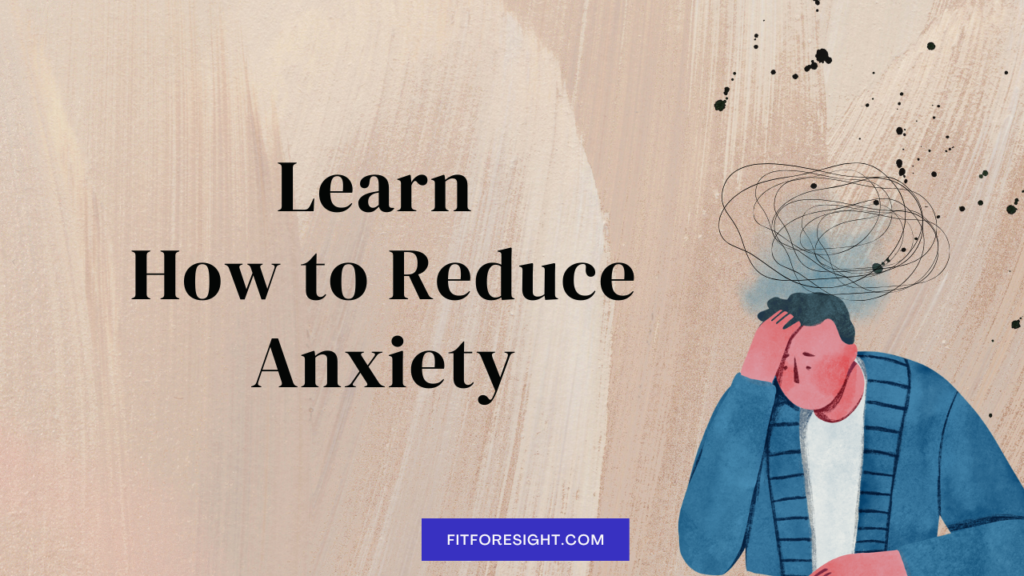Reducing anxiety can be a challenge, but there are several strategies that can help. Here are some effective ways to manage anxiety:
- Practice relaxation techniques: Deep breathing, meditation, and progressive muscle relaxation are all effective ways to relax and calm the body and mind.
- Exercise regularly: Physical activity can help reduce stress and anxiety by releasing endorphins, which are the body’s natural feel-good chemicals.
- Get enough sleep: Lack of sleep can make anxiety symptoms worse, so it’s important to make sleep a priority and establish a regular sleep schedule.
- Challenge negative thoughts: Anxiety often involves persistent, negative thoughts. Try to identify and challenge these thoughts by questioning their accuracy and replacing them with more positive and realistic ones.
- Connect with others: Talking to friends, family, or a mental health professional can help you process your feelings and improve your sense of well-being.
- Practice mindfulness: Mindfulness is a technique that involves paying attention to the present moment without judgment. Practicing mindfulness can help reduce anxiety by teaching you how to manage your thoughts and feelings.
- Limit caffeine and alcohol: These substances can increase anxiety symptoms, so it’s best to limit or avoid them.
- Seek professional help: If your anxiety is severe or impacting your daily life, it may be helpful to see a mental health professional for therapy or medication management.
Remember that reducing anxiety takes time and effort, but with the right strategies and support, it is possible to manage symptoms and improve your overall well-being.

